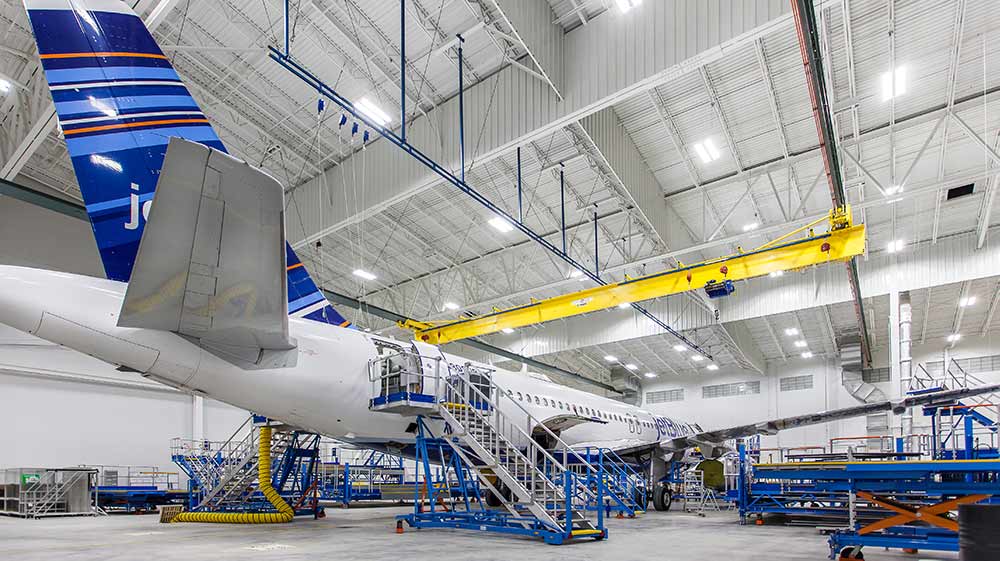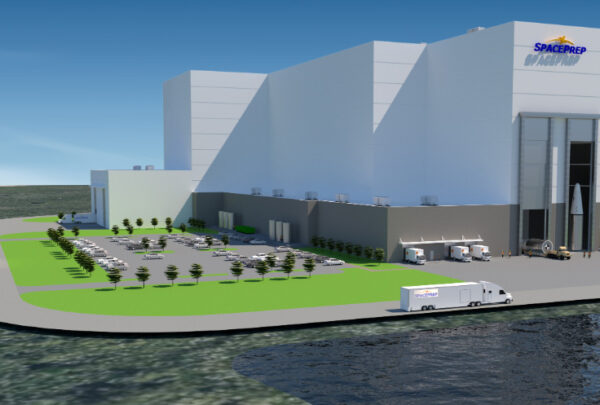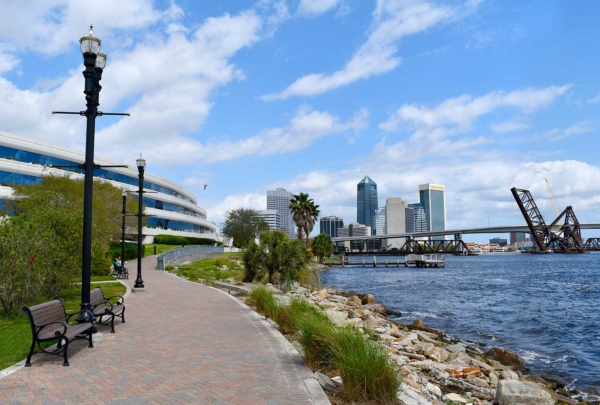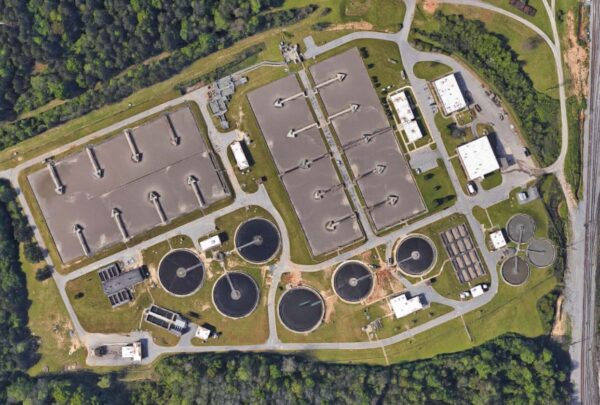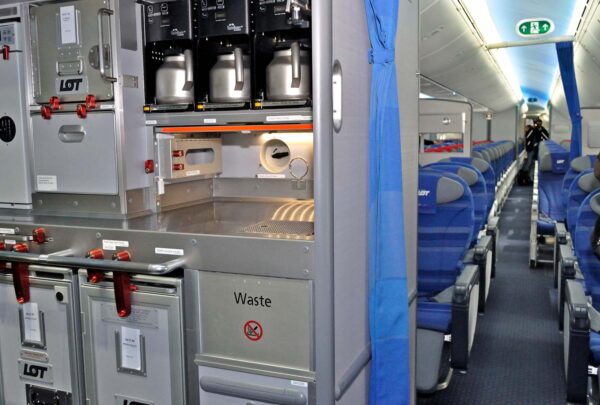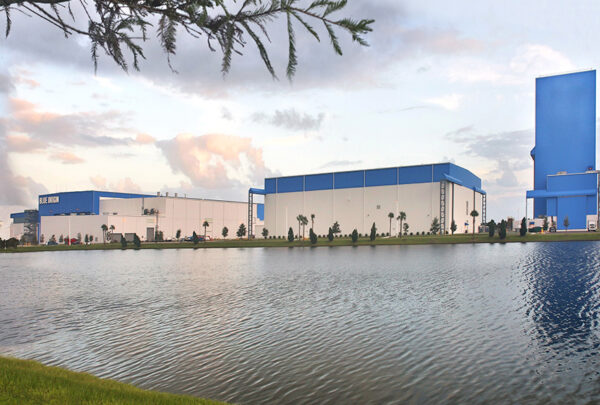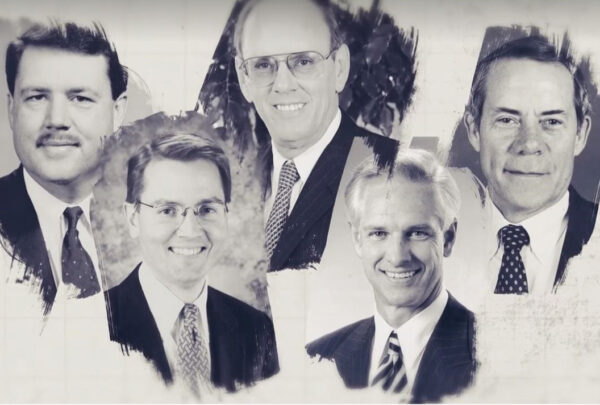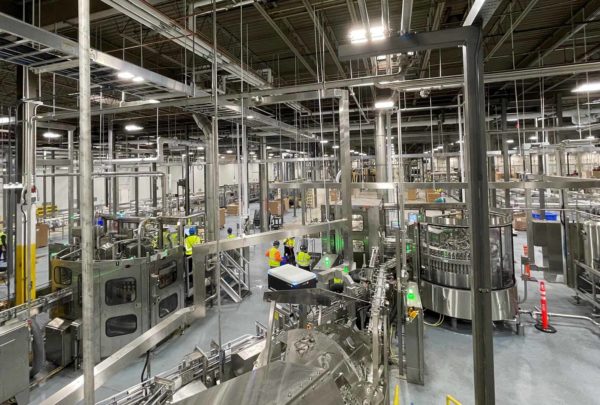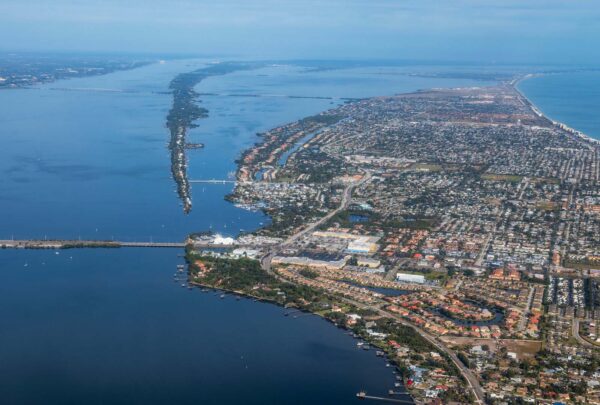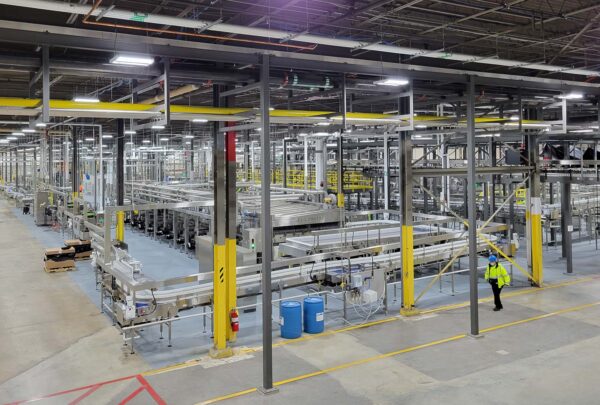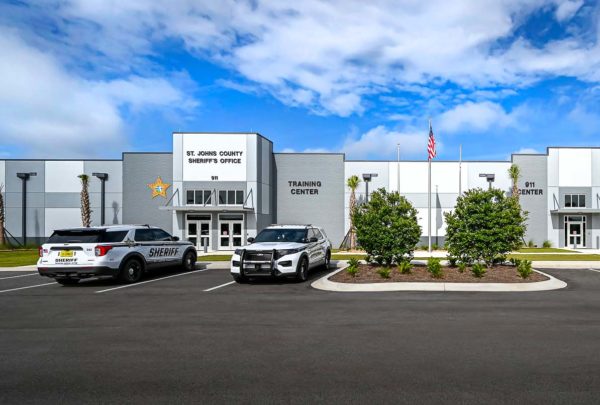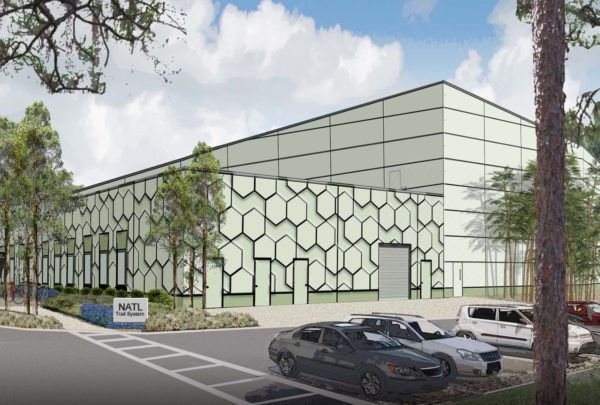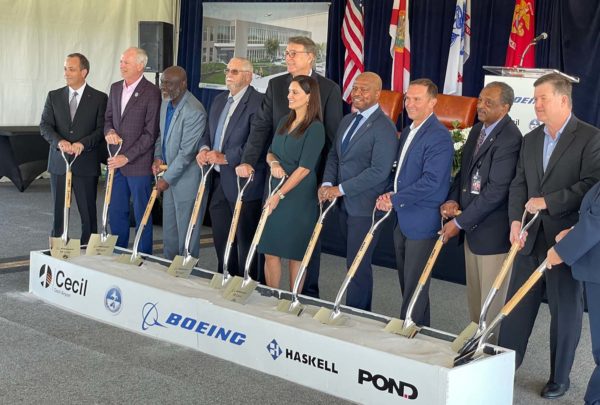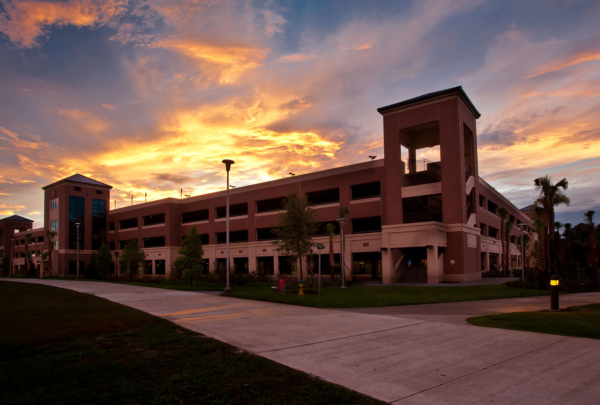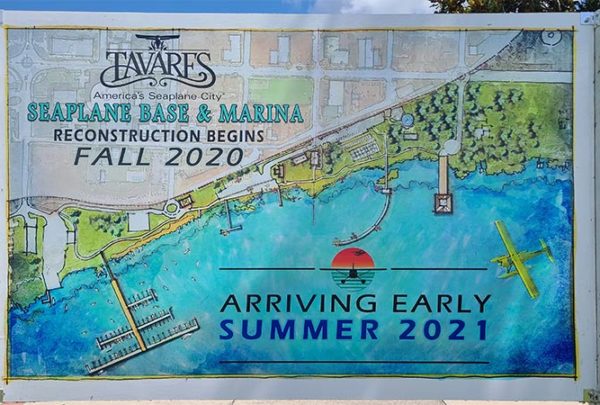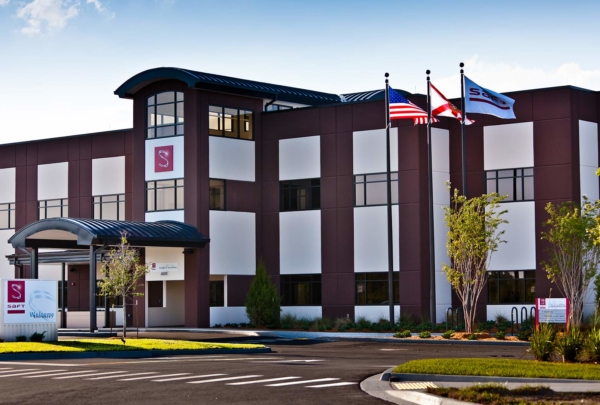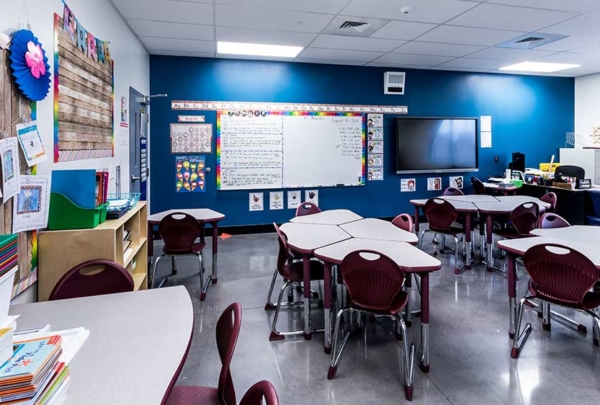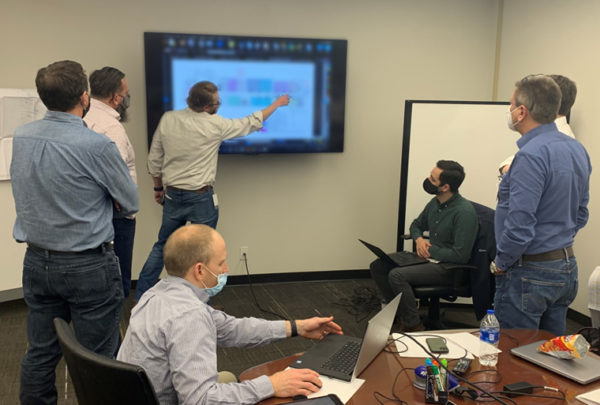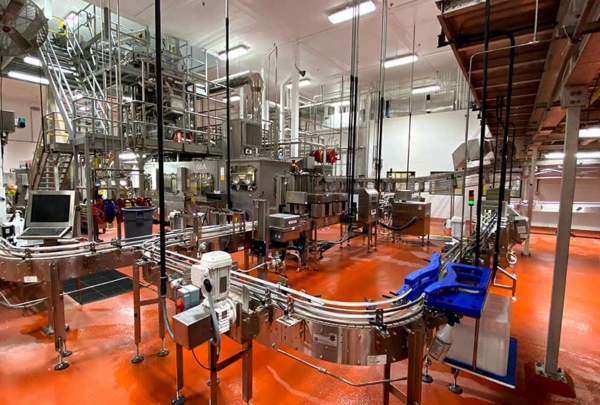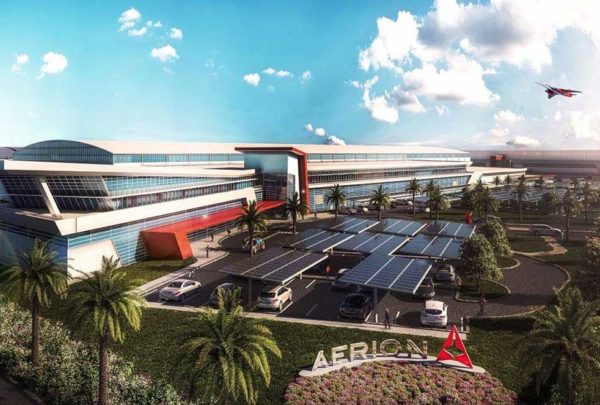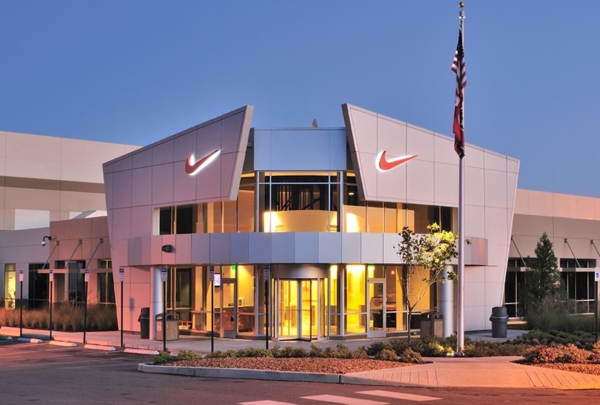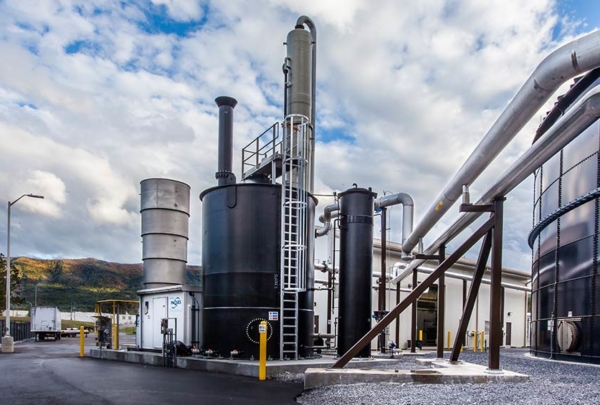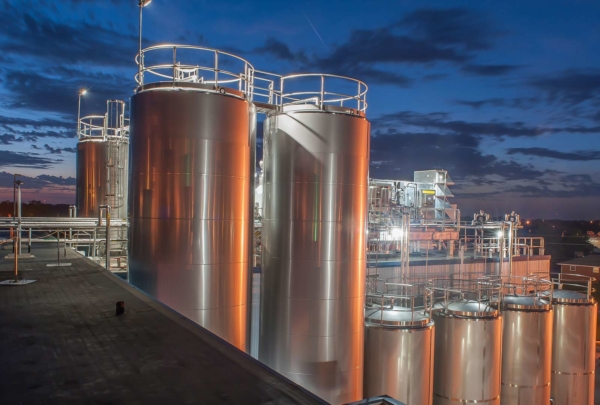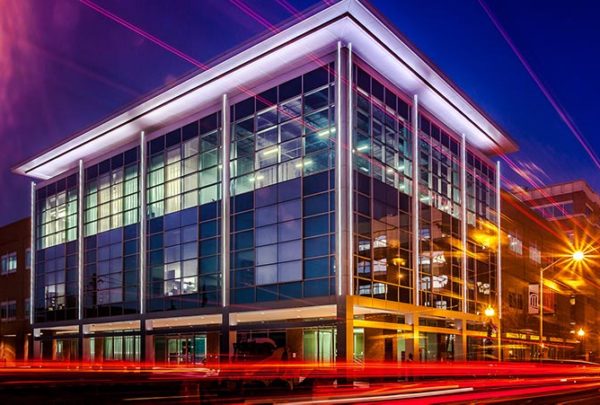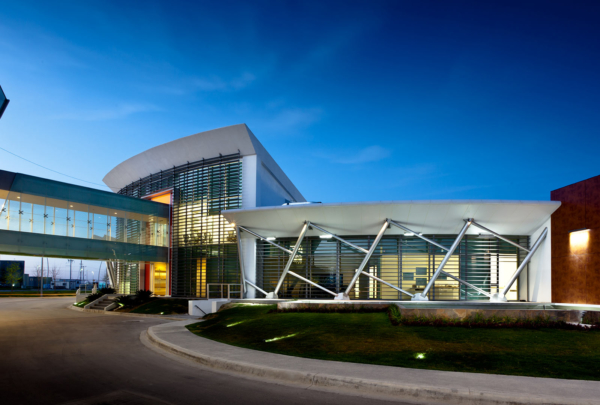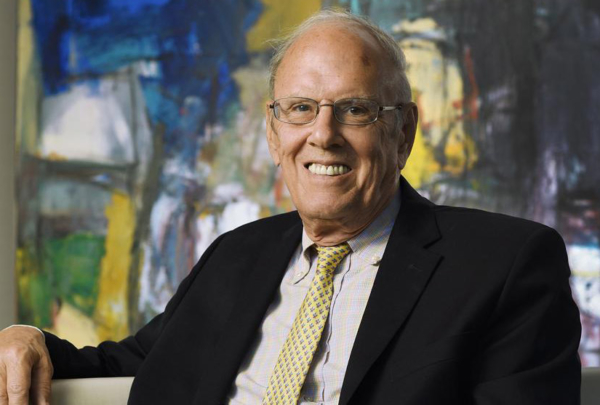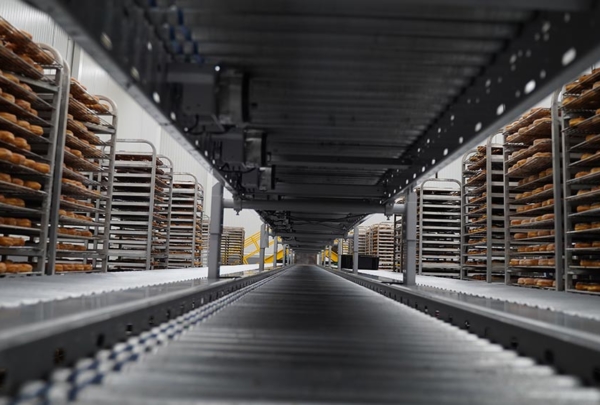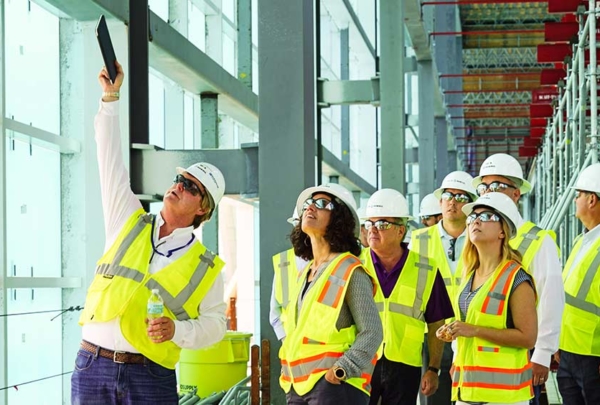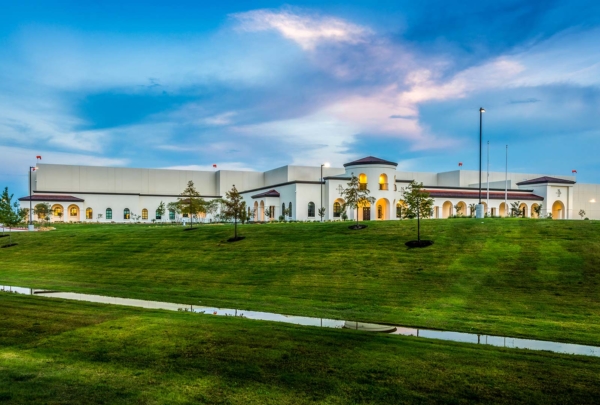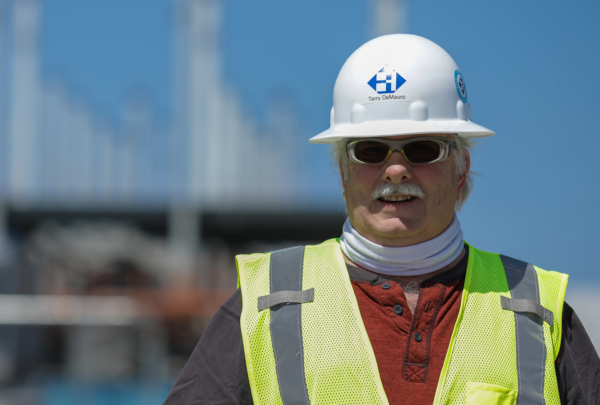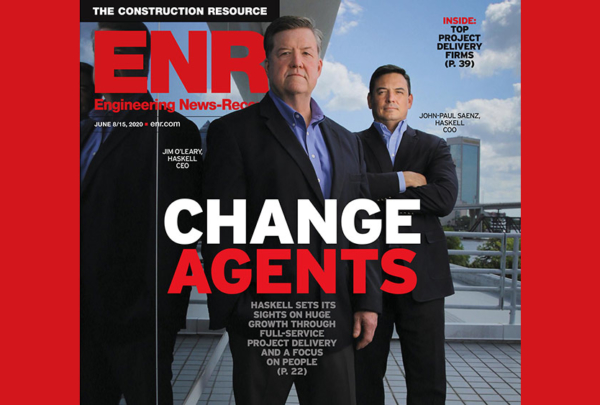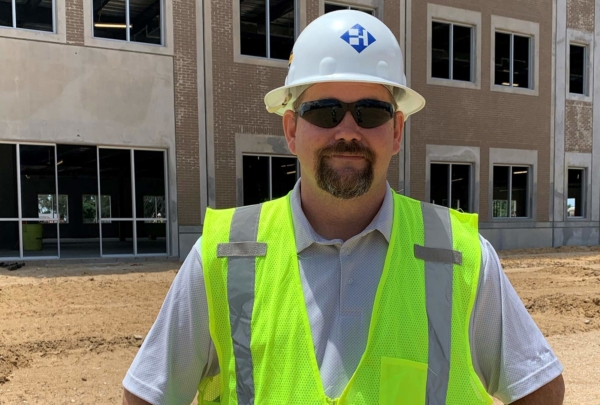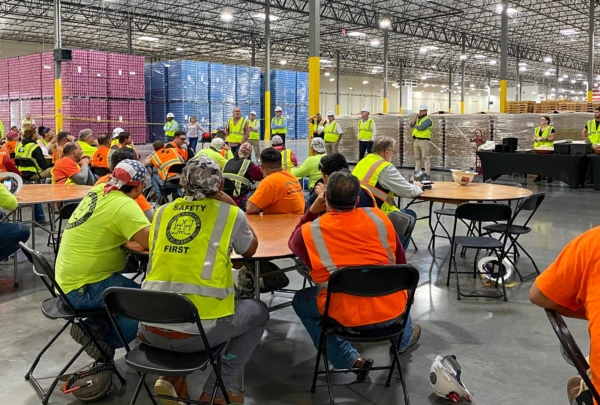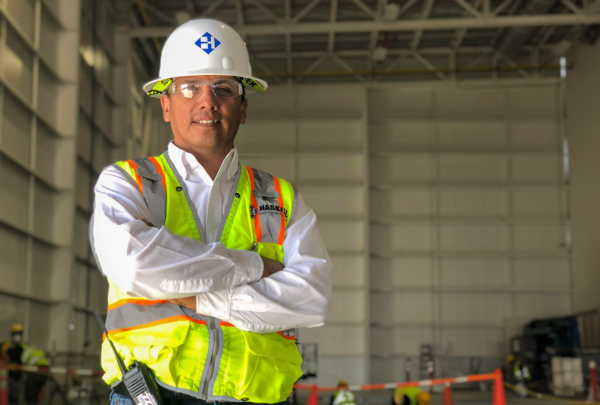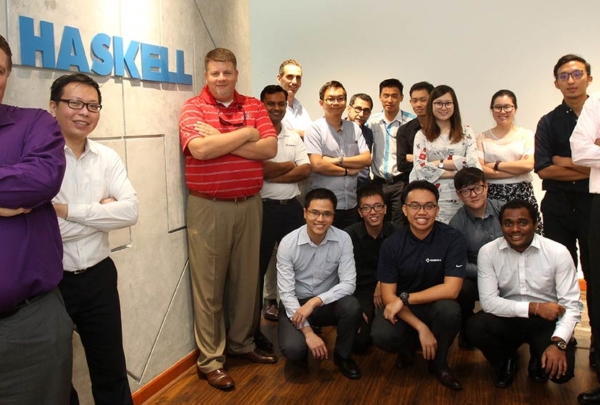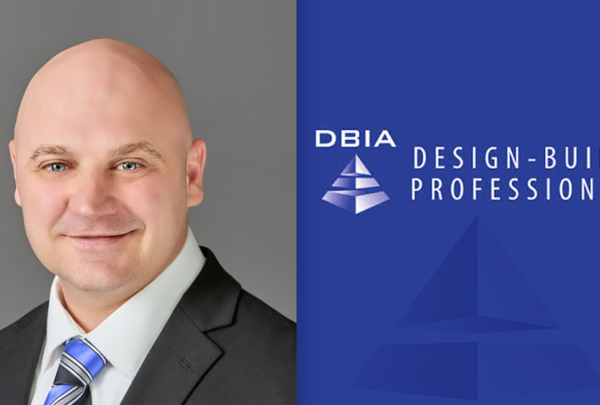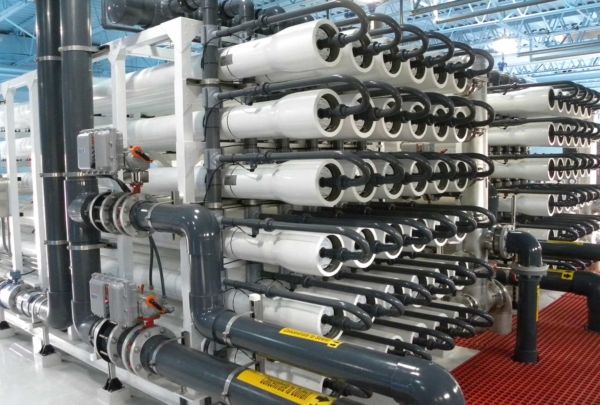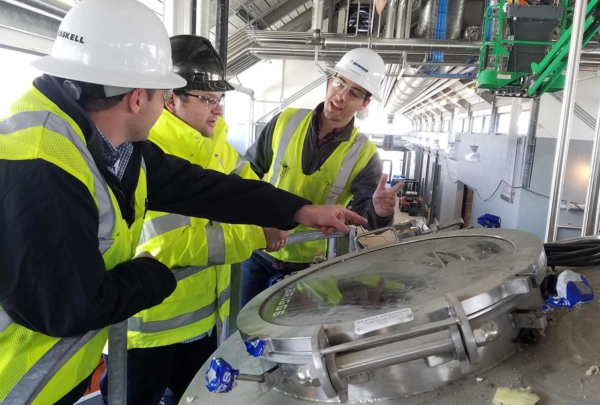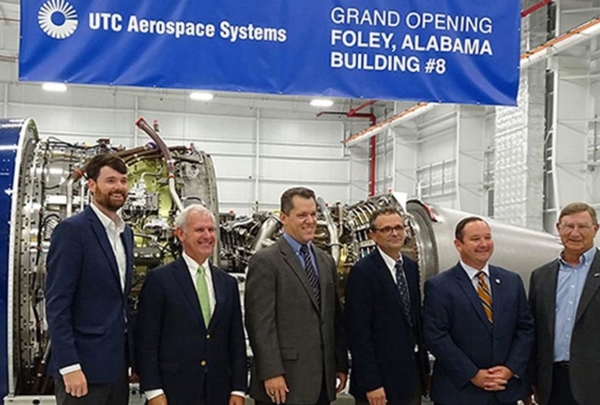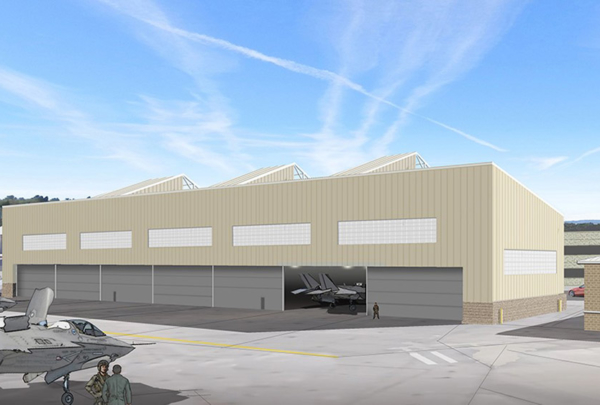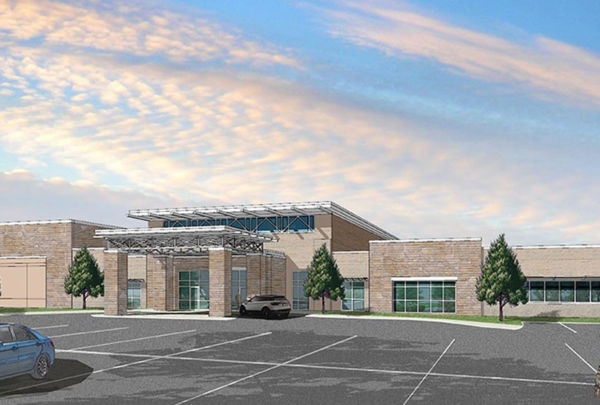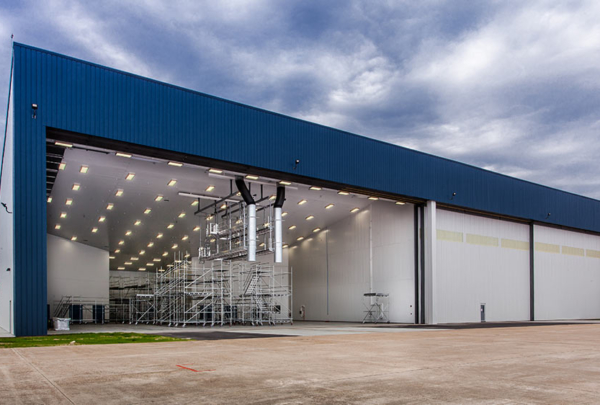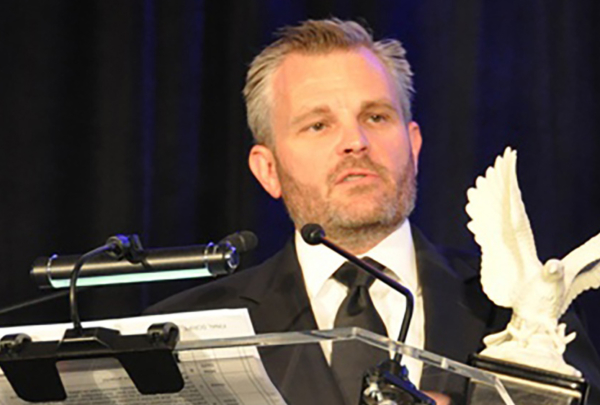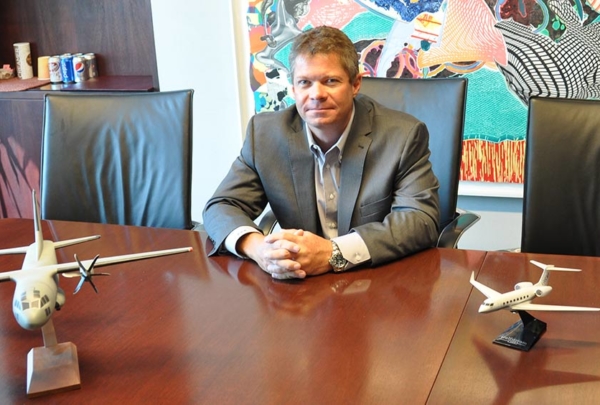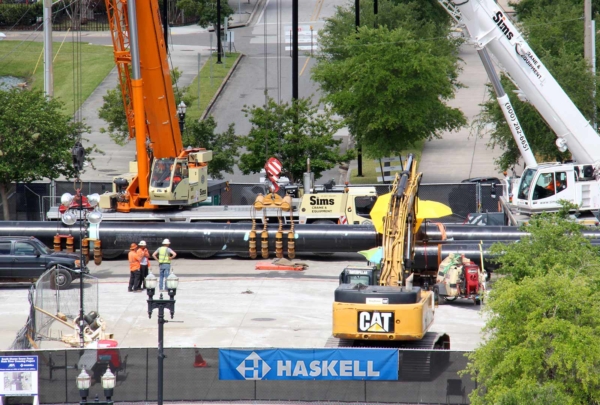Since its first aircraft hangar project more than three decades ago, Haskell has evolved into one of the world’s leading aviation, aerospace, and advanced manufacturing designer-builders, with projects spanning a wide range of industries around the globe. It’s a story of innovation, persistence and dedication to customer service.
Haskell performed its first major aerospace facility project in 1995, when it was engaged by Gulfstream Aerospace to support the rollout of the Gulfstream V in Savannah, Georgia, with the design and construction of a new model for service centers.
That successful project led to a deep relationship has led to Haskell building Gulfstream service centers around the world, each an evolution of the one before, with advancing technology and innovation. Haskell recently added its 16th major facility project for Gulfstream with the award of the Fort Worth, Texas, service center at Alliance Airport.
Over the years, the Aviation & Aerospace Division has grown to meet customer needs, and Engineering News-Record now ranks Haskell as the No. 3 Aviation Contractor. In addition to Gulfstream, Haskell has added several of the industry’s most important brands to its repeat customer list, including Boeing, Rolls Royce, SAFRAN, Spirit AeroSystems, Collins Aerospace and others.
“Success is based on the amount of repeat work we have,” said Greg Akers, Vice President of Haskell’s Aviation & Aerospace Division. “I look at the customer experience we provide, and that gets better and better.”
The New Frontier
New connections are also a measure of Haskell’s dedication to relationship-building. For five years, Akers and his team spent five years in conversation with an up-and-coming company with plans to build a supersonic business jet that would revolutionize the aviation marketplace. The conversations evolved into conceptual work and site selection, then to the point that the company contracted with Haskell as its design-build partner for what was to be a $500 million program.
When the pandemic struck, that startup’s major fundraising efforts collapsed, and construction of the aircraft production campus failed to materialize. But the technology remains viable, and Haskell continues to provide programming and planning to other companies pushing the outside of that envelope.
Moreover, it now is evolving the aviation industry. Startups planning to mass-produce nanosatellites, those pushing into electric vertical takeoff and landing (eVTOL) technology and even those looking past supersonic flight to hypersonic travel will be the next generation of Haskell’s aviation and aerospace partners.
“Everyone who has been coming to us, some of them major programs, know of the Haskell name,” Akers said. “It may not just be aviation or aerospace. It's just Haskell. They hear of Haskell being a great company. It's the people and the experience and the Haskell brand that has been solidified over the past 20 or 30 years and continues to grow momentum. That is a differentiator. That carries a lot of weight.”
As it has strived to meet clients’ needs, Haskell has organically expanded its knowledge base and capabilities. Its teams progressed from building the shade and shelter portions of immense facilities to creating highly sophisticated manufacturing projects requiring exacting standards.
“With every project we’ve done, our customers have given us a little bit more scope and responsibility,” said Paul Raudenbush, Senior Vice President of Planning and Development for Haskell’s Infrastructure & Transportation delivery group.
Advanced Manufacturing Requires Precision
Carbon fiber composites have become an essential part of aircraft engineering for platforms, such as Gulfstream, so Haskell has developed expertise and capabilities to support those technologies as well.
“We have been designing and building advanced manufacturing facilities for decades, so supporting the composites manufacturing industry was natural for our engineers,” Raudenbush said.
Composites production facilities require clean, precise, and controlled environments to produce very light, extremely strong and reliable products.
Haskell completed its first major composites facility for Spirit AeroSystems in 2006 in Kuala Lumpur, Malaysia, and since then has completed many more projects for both aircraft and spacecraft.
The combination of Haskell’s integrated delivery capabilities and its proficiency building advanced manufacturing facilities provided entrée to the fast-growing privatized spaceflight industry. Since 2016, Haskell has worked as the design-build partner to rocket maker Blue Origin, constructing its orbital rocket manufacturing campus in Merritt Island, Florida.
Haskell’s aerospace portfolio includes design-build and EPC projects for launch sites, metallic and composite rocket components, testing facilities, payload facilities and critical missions-support facilities.
Moving People and Packages
Closer to earth, precision counts in the maintenance as well as the manufacture of aircraft, and a range of clients in the airline, air cargo, and governmental sectors have relied on Haskell to develop Maintenance, Repair and Overhaul (MRO) facilities that keep America’s aging fleet airworthy. In recent years, Haskell has built numerous cutting-edge package-handling facilities for a leading e-commerce giant.
And with more airports choosing design-build delivery for passenger terminal development, Haskell now is growing into that space, having secured a contract to design-build the new terminal at Orlando Melbourne International Airport.
“This is our first legitimate terminal pursuit and win. It’s big enough that it’s going to be a relevant job in the national landscape,” said Pete Kinsley, President of Haskell’s Infrastructure & Transportation Group. “The aviation space is interesting because it's got four distinct kinds of markets: advanced manufacturing, package-handling and airplane maintenance, privatized space flight and now terminals. So, I'm really excited about the future of the aviation market.”
